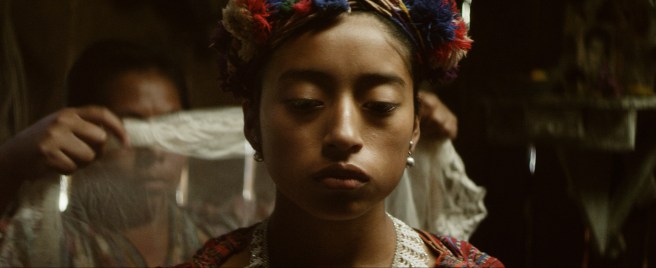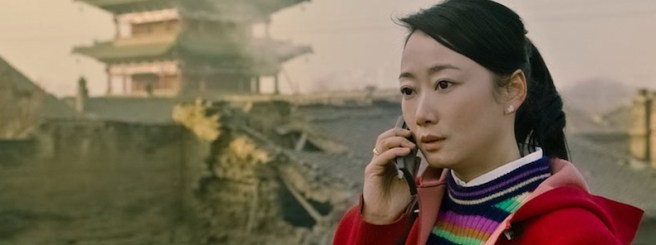

Preface:
Human, and faced with a sea of things, images, stories, characters, all bobbing this way and that, slipping and sliding away from me, I seek some rope to grasp, a line that might form for me a connection between the things. And if I can only pull that line taut, I might be able to stay above the waves and see a pattern in the flotsam.
It isn’t really flotsam, of course, that wave of films I found my fest-inexperienced self submerged beneath at this year’s Vancouver International Film Festival. Each film in itself is a unique, individual thing, only forced, by necessity into a mass. And we should be used, in any case, to consuming art in the mass, collective form – in a museum, in an anthology – curated and then presented to us as somehow related objects. Even if we pick our way through an anthology or skip rather guiltily past the 13th century wing of the museum and make straight for the Impressionists, we are still aware of all of these disparate things gathered together under an umbrella of a particular Thing, and, invited to do so, the pattern seeking mind all the more eagerly links themes, ideas, modes, shapes, colors.
Artists, of course, do not live in a vacuum, and their works may be, certainly, drawing from other works, even without conscious intent. Still, it would be difficult to say 8th century Chinese landscapes were drawing any influence from Byzantine frescoes. And yet, place such a set of landscapes next to a few frescoes, I’d surely spot a pattern. I can’t help it; I put them together, and the one will converse with the other.
And so, while yet understanding the potential folly of such conjunctions and conversations, I can’t help but make them and hope that such a convergence will illuminate the individual objects themselves.
Jayro Bustamante’s Guatemalan film, Ixcanul, has very little in common with Andrew Haigh’s thoroughly British film, 45 Years, and yet, as the VIFF programming gods would have it, I saw them back to back on a Saturday afternoon early this October, and they nestle comfortably together in my mind, chapter 1 and chapter 2 in a little anthology of Domestic Intimacies. Continue reading “VIFF 2015: Domestic Intimacies: Ixcanul (Jayro Bustamante, 2015) and 45 Years (Andrew Haigh, 2015)” →





















